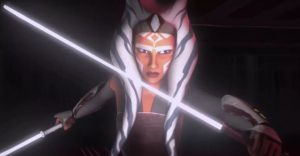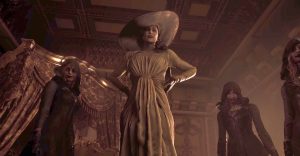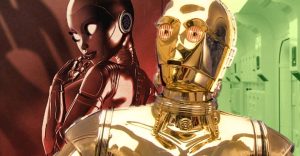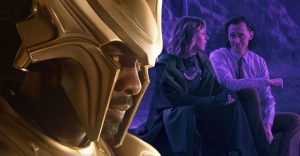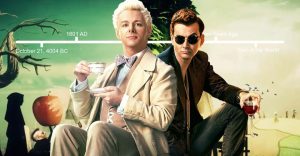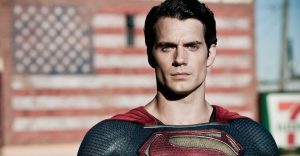10 Most Iconic Quotes In Akira Kurosawa Movies
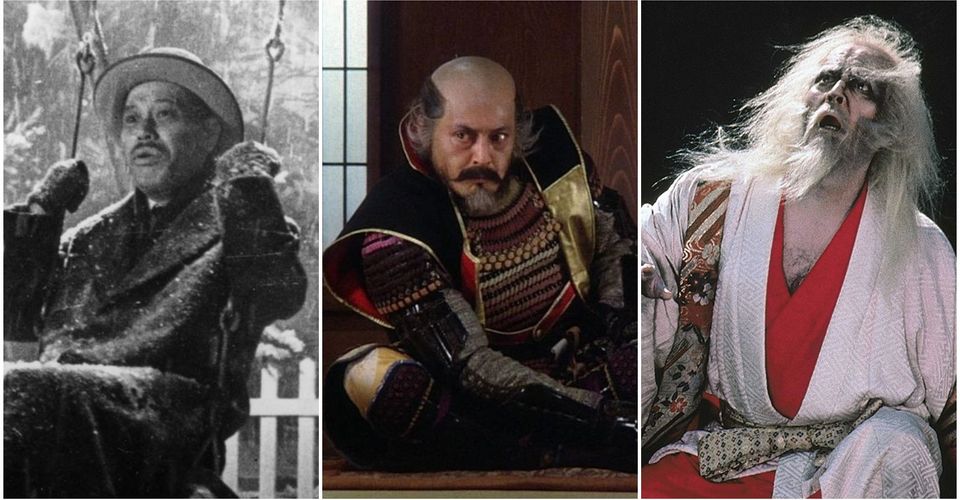
Apart from expertly composing actions and blocking in all his films, director Akira Kurosawa’s dialogue is also a narrative marvel. All his characters represent something be it an idea or one of the many facades of humanity. Hence, most actors and actresses (usually the former) in his films all have something good to convey in each scene.
For that matter, there’s no shortage of wise and philosophical quotes in all of Akira Kurosawa’s most prominent films. All these wisdom bombs and natural dialogue from the characters only serve to further immortalize the artistic value of the said movies as well as their impact on filmmaking and visual media in general.
10 “How Tragic That Man Can Never Realize How Beautiful Life Is Until He Is Face To Face With Death.” – Ikiru

Ikiru set the trend for the good old fashioned cancer trope for movies where the protagonist suddenly discovers that he only has a few short months or years to live and decides to spend what remains of it more meaningful. That’s why that sort of mentality for most human beings got summed up by one of the eccentric unnamed characters in the movie.
That would be the novelist who guides the protagonist in one of the latter’s nightlife escapades in Tokyo as he tries to cope with his newfound woe. The novelist was certainly inspired by the protagonist’s plight as were numerous Hollywood and anime filmmakers and showrunners.
9 “I Don’t Have Time To Hate Anyone. I Don’t Have That Kind Of Time.” – Ikiru

The protagonist in Ikiru? His name was Kanji Watanabe and he was a typical painting of a Japanese bureaucrat who had only known work his whole adult life. That’s likely what contributed to how he feels like he wasted his life in pursuit of extrinsic things.
That all the more makes Kanji’s quote tragic since the ‘he doesn’t have that kind of time’ part means literally and figuratively. It seems that that cancer has shown him what really matters most in his life and what he has been neglecting all along.
8 “The Shadow Of A Man Can Never Stand Up And Walk On Its Own.” – Kagemusha

Kagemusha is one of Akira Kurosawa’s most decorated titles and it’s an epic period piece set during the Sengoku period of Japan. There, a thief and convicted criminal was forced to impersonate the deceased feudal lord named Takeda Shingen in order to dissuade the faction’s power-hungry enemies from attacking.
Hence, the context of the line above is made more intense as it was uttered by none other than one of the younger brothers of Takeda Shingen. It’s something he remarks to his legendary dead brother’s impersonator. Of course, in any other circumstance, it’s also a great line in itself.
7 “In A Mad World, Only The Mad Are Sane.” – Ran

Much like Kagemusha, Kurosawa’s Ran is another epic historical drama involving feudal warfare in Japan’s warring states period. This one, however, is an adaptation of Shakespeare’s King Lear. It follows the same plot where a dying lord of a castle is having trouble with his three sons who are fighting for his dominion.
The boiling point of this conflict is depicted perhaps the most visceral action sequence of samurai and feudal combat in Japan where soldiers and civilians are dying left and right all around the old and senile feudal lord. By then, it should be easy to see who mentioned that quote above.
6 “I Am Lost…” “Such Is The Human Condition.” – Ran

Throughout all the hell and madness of Ran, the said feudal lord, named Ichimonji Hidetora, is the equivalent of King Lear himself. He briefly ends up as a fugitive in the movie with a bounty on his head due to the transgressions of his sons.
Only a few good men remained loyal to him such as one of his sons and the court fool named Kyoami. Such was the nature of Hidetora’s senility that at one point he even went off running into a volcano and not even the profound words of a fool could sway him out of his descent into insanity.
5 “I Guess There’s No Cure For Stupidity, Except For Death.” – Yojimbo

There’s no denying that Toshiro Mifune’s acting chops were best utilized by Akira Kurosawa. The actor’s most memorable performances were him being the most unconventional samurai ever, namely in Yojimbo. It’s where Mifune’s nameless character utilizes his rabid and mature facade well as a callous ronin.
When it comes to the sword, he was the best in Yojimbo and can easily kill dozens of armed combatants in a few seconds. The kicker is that he doesn’t really enjoy killing them and prefers to show mercy to those who recognize their foolishness. Those who don’t will learn their lessons soon enough in hell and it just so happens that most of the people he killed in Yojimbo are clueless half-wits.
4 “The Best Sword Is Kept In Its Sheath.” – Sanjuro

Sanjuro is the sequel to Yojimbo and continues the misadventures of Mifune’s nameless ronin. In keeping with the said ronin’s reluctance in combat and taking away lives way too easily, he imparts one of the most pacifistic messages to the young samurai who idolized his murderous prowess.
His advice? Don’t fight; as a true warrior trains to restrain themselves rather than to murder their enemies. Mifune’s character even had to learn this valuable lesson from a wise old geisha and concubine whom he initially scoffed at for giving him some wisdom.
3 “Is There No God To Protect Us?” – Seven Samurai

Now, on to Akira Kurosawa’s certified magnum opus and the granddaddy of action movies, Seven Samurai. Compared to today’s standard, it had a simple plot as per today’s standards but back then, it was a storytelling goldmine. For one, it featured a social class not usually present in 1950s movies– farmers who are not only oppressed but also desperate.
The film was set during Japan’s feudal period where bandits are constantly raiding defenseless farming villages. Hence, that quote above exists as a lamentation of the villagers. It’s one of the most popular opening lines in a movie and is also referenced sometimes.
2 “Find Hungry Samurai. Even Bears Come Down From The Mountains When They Are Hungry.” – Seven Samurai
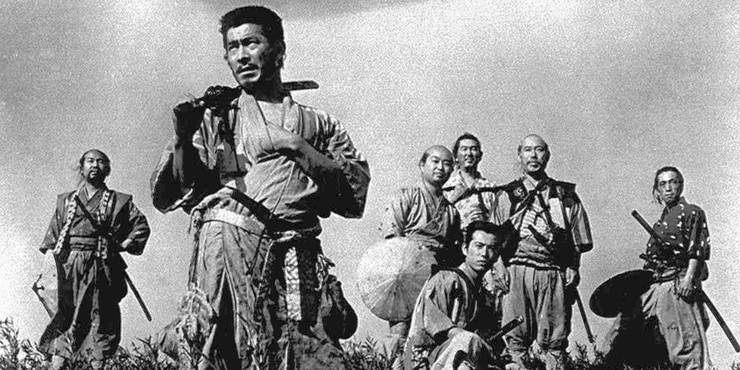
Of course, those poor helpless farmers are not all hopeless. They do have an elder named Gisaku and he was the one the villages looked to for any insight or plan. Gisaku suggested that the village fight back but they have no means to do it by themselves so they must hire samurai.
Since they’re all poor, they can’t really afford some of the most decorated samurai serving legitimate clans. So, Gisaku suggested finding lordless wandering samurai, otherwise known as ronin. What follows next was the village hiring seven of the most peculiar samurai ever.
1 “What Do You Think of Farmers? You Think They’re Saints? Hah!” – Seven Samurai

Those seven odd samurai who didn’t care much about rewards? One of them was named Kikuchiyo and he was played by none other than Toshiro Mifune. Kikuchiyo was the fan-favorite member of the seven and he always stole any scene where he’s present. Not much is known about him but he revealed quite a lot with his rant about farmers and their survivalist guile.
He claimed that the poor farmers weren’t really that innocent but it’s mostly the samurai who were to blame for that. By doing so, Kikuchiyo revealed that he was a farmer’s son as well as painting a picture of how the feudal system in the Sengoku period further fueled the class divide. Not many films can convey that much with just a rant these days.
About The Author











